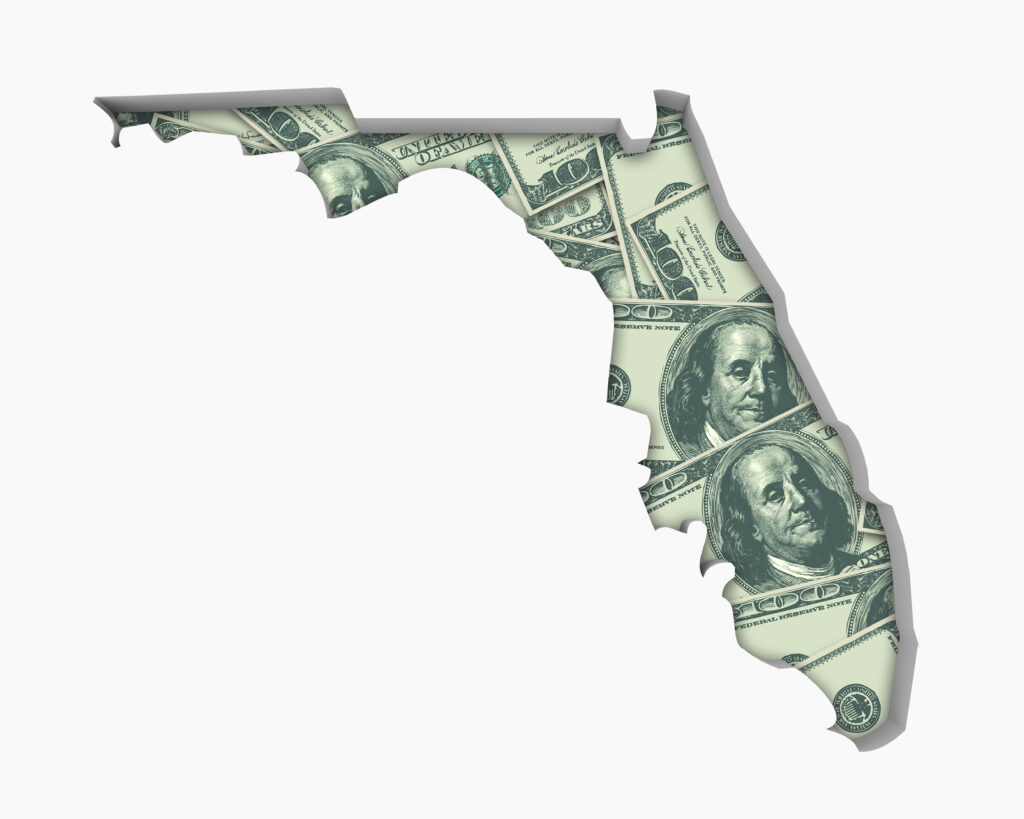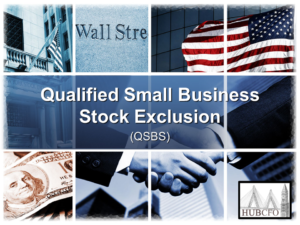Florida Looking to Lure More Wealthy Taxpayers

The reports regarding many of the nation’s wealthy packing up and moving to different states in order to avoid the high taxes where they currently reside continue to mount. According to one such report, David Tepper, the president of Appaloosa Management L.P., who is the wealthiest resident of New Jersey, is in fact no longer a resident of New Jersey.
Mr. Teppert reportedly registered to vote in Florida last year and then later in December, he took the necessary legal measures to become a resident of state, thus leaving New Jersey in the dust. Then, in January of this year he followed his own move with a business reorganization that also moved his company to Florida. So, why Florida? The state does not have any income or estate taxes.
While those who know him said taxes where not Mr. Teppert’s only motive for the move, his decision could save him hundred of millions in tax dollars. Florida is fast becoming a relocation haven for many of the nation’s wealthiest individuals and state officials recognize the opportunity and are seizing it.
The state has been actively trying to lure many of the wealthiest individuals that currently live in the Northeast, in places like New York, New Jersey, Connecticut and Massachusetts. It appears those efforts are working, as Mr. Teppert is not the only billionaire to make the transition to Florida in the last few years. From 2012 to 2014 the number of firms that run private pooled vehicles, like hedge funds for example, increased in the state from 37 to 62.
It appears that the sunny weather isn’t the only draw to Florida for many of the country’s wealthiest taxpayers.
Sec1045 Partnerships
Sec1045 Partnerships This document contains final regulations relating to the application of section 1045 of the Internal Revenue Code (Code) to partnerships and their partners. These regulations provide rules regarding the deferral of gain on a partnership’s sale of qualified small business stock (QSB stock) and a partner’s sale of QSB stock distributed by a…
Sec179 Businessequipment
Updated: 11/12/10 Most new business equipment can be either depreciated over its useful life or expensed immediately under Internal Revenue Code Section 179. The maximum deduction is based on the following schedule for the date in which the tax year begins. Each 1040, whether Single or Joint, is limited to one maximum. 179 expenses passed…
Sec1244 Small Business Stock Sales
Sec1244 Small Business Stock Sales Section 1244 of the Internal Revenue Code, the small business stock provision, was enacted to allow shareholders of domestic small business corporations to deduct as ordinary losses, losses sustained when they dispose of their small business stock. In order to receive this beneficial treatment, the Code prescribes specific requirements for:…
Section 1202: Small Business Stock Gain Exclusion
What is Section 1202 Stock? In December 2015, the Protecting Americans from Tax Hikes Act of 2015 (“PATH Act”) was passed by Congress and signed into law by President Barack Obama. The PATH Act made several tax breaks permanent, including the Small Business Stock Gains Exclusion (Section 1202). The new law makes permanent the exclusion…



